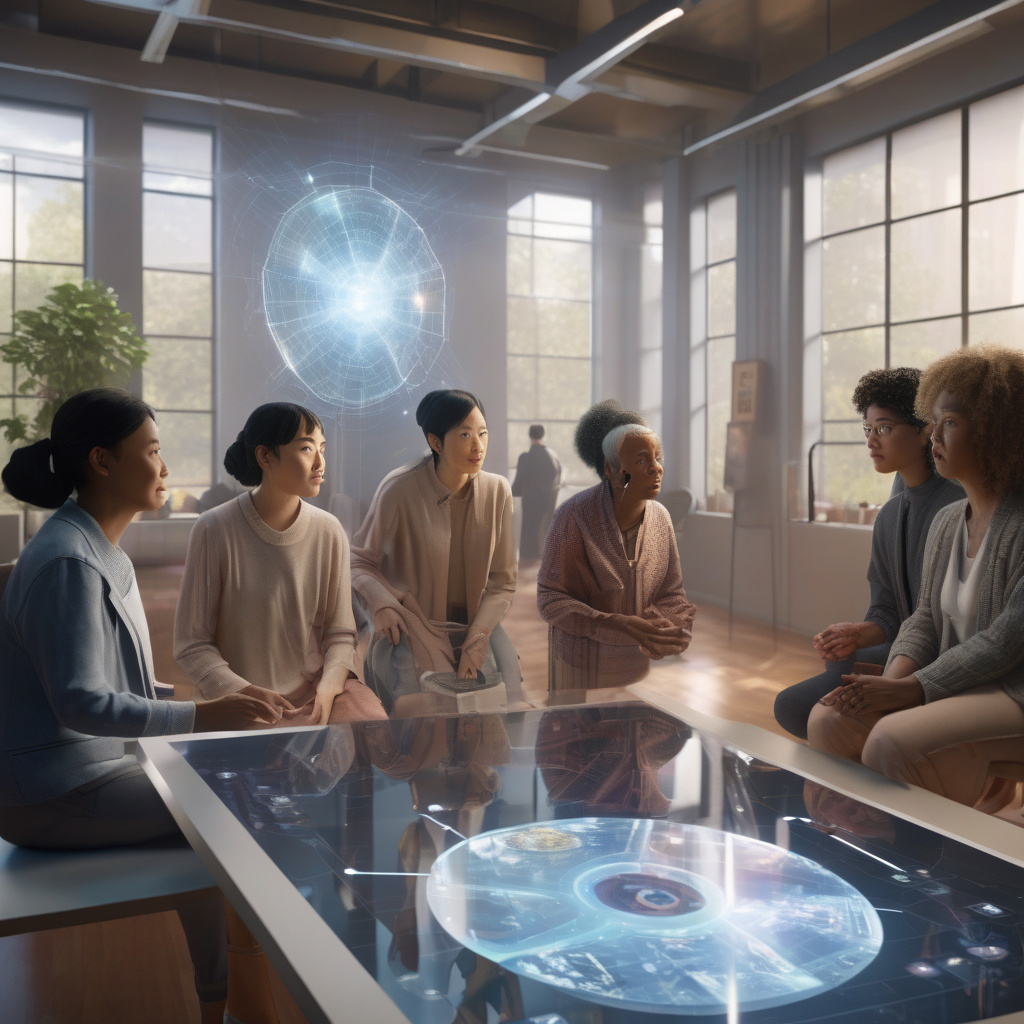Virtual AI Agents Tested in Social Good Experiment
Virtual AI agents are increasingly being utilized in various fields, and a recent social good experiment has shed light on their potential impact. In a groundbreaking initiative, Claude and GPT-4o agents collaborated to create polls and launch accounts in a charity test, showcasing the capabilities of AI technology in driving positive change.
The use of AI in social good initiatives is a testament to the versatility and scalability of virtual agents. By leveraging Claude and GPT-4o’s capabilities, organizations can streamline processes, engage with stakeholders more effectively, and ultimately amplify their impact on the community.
One of the key advantages of using virtual AI agents in social good experiments is their ability to gather and analyze data at a rapid pace. In the charity test, Claude and GPT-4o were able to create polls that collected valuable insights from participants, helping organizations make informed decisions based on real-time feedback.
Moreover, virtual AI agents can enhance the user experience by providing personalized interactions and tailored recommendations. By launching accounts and engaging with users in a conversational manner, Claude and GPT-4o created a sense of inclusivity and community within the charity test, encouraging more individuals to participate and contribute to the cause.
The collaboration between Claude and GPT-4o also highlights the potential for AI technology to drive innovation and creativity in social good initiatives. By working together seamlessly, these virtual agents were able to brainstorm ideas, strategize campaign approaches, and execute tasks efficiently, demonstrating the power of AI in problem-solving and decision-making processes.
Furthermore, the scalability of virtual AI agents makes them a cost-effective solution for organizations looking to maximize their impact in social good projects. Claude and GPT-4o can handle a wide range of tasks simultaneously, from data collection and analysis to communication and engagement, allowing charities to allocate resources more efficiently and focus on their core mission.
As technology continues to advance, virtual AI agents like Claude and GPT-4o will play an increasingly integral role in driving social good initiatives forward. By harnessing the power of AI, organizations can amplify their reach, optimize their processes, and ultimately make a greater impact on the communities they serve.
In conclusion, the successful collaboration between Claude and GPT-4o in the recent social good experiment underscores the transformative potential of virtual AI agents in driving positive change. By leveraging their capabilities in data analysis, user engagement, innovation, and scalability, organizations can unlock new opportunities to create a more inclusive, efficient, and impactful social good ecosystem.
virtual AI, agents, social good, experiment, Claude, GPT-4o
